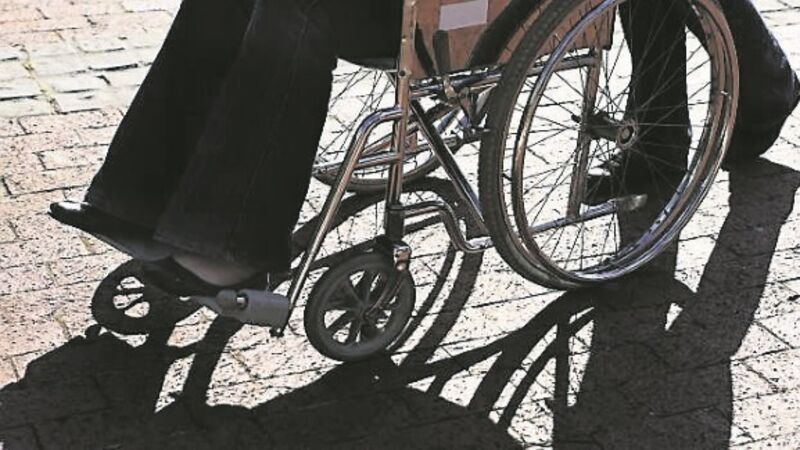Housing issues for people with disabilities - Complaints of arbitrary discrimination

Some people with disabilities living in local authority housing feel they are discriminated against, according to the Disability Federation of Ireland, as it appears harder to secure funding for home improvement and adaptations.
Alison Ryan, support officer in Cork for the federation, claimed that those in private dwellings may find it easier to get the same work done with grant support.
















